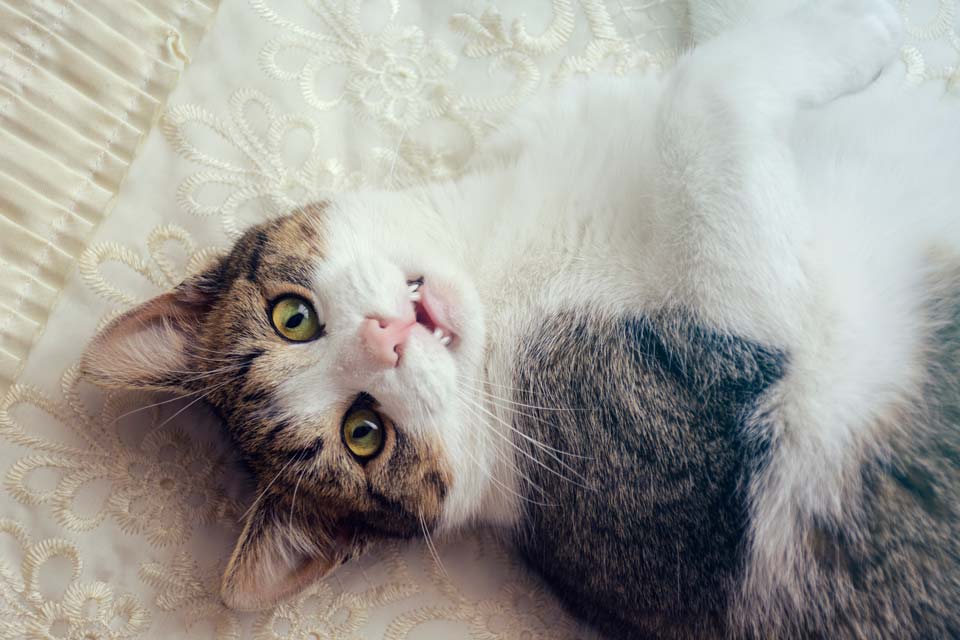- Home
- Aspirin Poisoning in Cats

Aspirin Poisoning in Cats

Aspirin is a commonly used non-steroidal anti-inflammatory medication for humans. It can be beneficial in animals, as well, and is sometimes used for its anti-clotting capabilities as well as its anti-inflammatory properties.
However, aspirin can easily be highly toxic to cats and should never be given without strict supervision by a veterinarian.
Why Is Aspirin Harmful to Cats?
Cats do not have an enzyme that is necessary for metabolizing salicylic acid, which is the active ingredient in aspirin. It takes cats up to 19 times longer to clear the aspirin from their systems as it does humans.
Many products contain aspirin. Don't give any medication to your cat without your veterinarian's input.
The problem is that aspirin not only blocks some inflammatory processes, it also prevents some normal GI tract and kidney function processes and interferes with blood clotting. So when a cat receives a dose that is higher than its body can metabolize and get rid of quickly, intestinal irritation and ulcers, internal bleeding, and kidney failure can all occur.
Signs of Aspirin Poisoning in Cats
Which signs a cat gets and how quickly they develop depends on the dose of aspirin the kitty received and can include:
- Bloody or tarry stool
- Depression and lethargy
- Decreased or absent appetite
- Vomiting
- Abdominal pain
- Weakness
- Wobbliness
- Collapse
Diagnosis of Aspirin Poisoning in Cats
Diagnosis of aspirin toxicity in cats is usually the result of a person realizing they gave the kitty aspirin or that he ate a spilled pill. When the veterinarian suspects aspirin is the problem, diagnostic tests will be done to determine the severity of the issue. Those tests include blood work and urinalysis, which help tell the veterinarian about the cat's red blood cell status and kidney and liver function.
Treatment of Aspiring Toxicity in Cats
Depending on when the aspirin was ingested, vomiting might be induced to try and rid the stomach of remaining medication. Activated charcoal might be given to try and absorb remaining medicine.
Intravenous fluids and other supportive care in the veterinary clinic might be required depending on lab results. Repeated lab work will help the veterinarian determine the course of treatment. Medicine that can help protect the GI tract and reduce vomiting might be given in hospital and continued after discharge.
Never Give Your Cat Any Human Meds on Your Own
Aspirin is used for specific conditions in cats, but the dose range is extremely narrow, and a veterinarian must be involved in prescribing and closely monitoring the cat during these rare treatments.
Like aspirin, many other human medications can be toxic to cats. Never give your cat any medication without first checking with your veterinarian. You might inadvertently make your kitty's situation much worse.

 Loading... Please wait...
Loading... Please wait...







